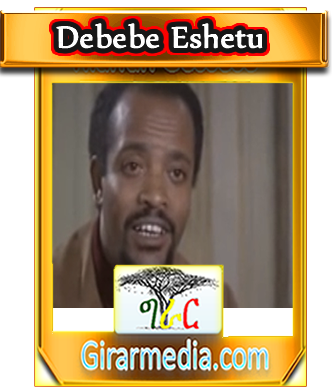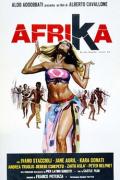Debebe Eshetu
Zelda Christian, corridore motociclista 1973
Afrika IInspector (as Debebe Eshepetu) 1973
Shaft in Africa Wassa 1971
Una stagione all'inferno
Debebe Eshetu is one of Ethiopia’s shining lights on stage, TV and in movies. The celebrated actor made his stage debut in Ya Lacha Gabicha (Marriage of Unequals) in 1963, but it was his iconic role as Wassa in The Shaft in Africa (1973) that won him an international fame. He would go on to appear in some widely recognized films including The Great Rebellion, The Sailor from Gibraltar, The Grave Digger, Zelda, Gouma, A Season in Hell.
Now, nearly 71 and still involved in theatre, Debebe has earned raves for his brilliant portrayal of an Ethiopian immigrant in Israel in Red Leaves, a performance which was described by a critic as a “tour de force.” Red Leaves is a film is about a Bete Israeli, sets out on a journey through his children’s homes after losing his wife. With his role as hard and obstinate man Masganeo, the kippa wearing Debebe (He is not Jewish) got to extend his acting chops further than he ever has before. Having held on stubbornly to his culture, in the 28 years since leaving home, Meseganio’s journey to reconnect with his family becomes a fierce quest to pass on fading cultural values to his sons, and an immigrant community, that have lost their way. (The Bete Israels are an Ethiopian ethnic group who defined themselves as Jew while they were living in Ethiopia. Virtually all of the Falashas, more than 120,000 souls had immigrated to Israel. )
I recently had the honour of sitting down with the great Debebe, to talk about his work on Red Leaves in his home in Addis Ababa around Enkulal Fabrica area, seated in a living room adorned with paintings, sculptures and medals. He wore a shirt with motives and suspenders.
The movie is billed as “kind of based on a true story.”
“It took the director around six months looking for actors for the leading part. He saw my photo and he thought of me to play the part. He didn’t know my name properly and he didn’t know how to reach me. Later someone helped him to contact my daughter, Tseday Debebe who lives in Los Angeles on her Facebook page. She called me to tell me about it and I told her to give him my email. That is how the director got in touch with me. I asked for the manuscript and he emailed it to me. I loved it when I saw it. It is written is English, Hebrew and Amharic. I went to Israel to start filming. I saw the location. We discussed about the film for about fifteen days. I made some suggestions and tips on the script and the director happily accepted it. The director even suggested that I participate in selecting actors but I refused telling him that that is the casting director’s task. I would have no problem working his casts. ”
The filming took four months. In preparation for the role, Debebe frequented bars and clubs of the Bete Israel community, who are the focus of the film. He played cards with them to study their accent and dialect. Some were surprised to see him there and asked him if he was converted to Judaism.
When I asked Debebe if there were grumbles about an Ethiopian actor being cast in a quintessentially Israeli role, he said no.
“We shot the film in different cities of Israel. Working with Bazi was a lot of fun. He is one hardworking director. Very intelligent. We really enjoyed each other. I got along very well with his parents and every Friday night I shared the popular Shabbat meal with them,” Debebe said.
“The film is about intergenerational gaps and conflicts, concerning tradition, family values, gender roles, and relationships. Any descendant of immigrants could easily relate. The principal character comes to realize that he belongs to a rapidly disappearing class that believes in retaining Ethiopian culture. The harsh reality hits him in the face. Having come to know some of life’s new realities, he tries to survive according to his own ways.”
Related categories
Sorry, no videos here.


